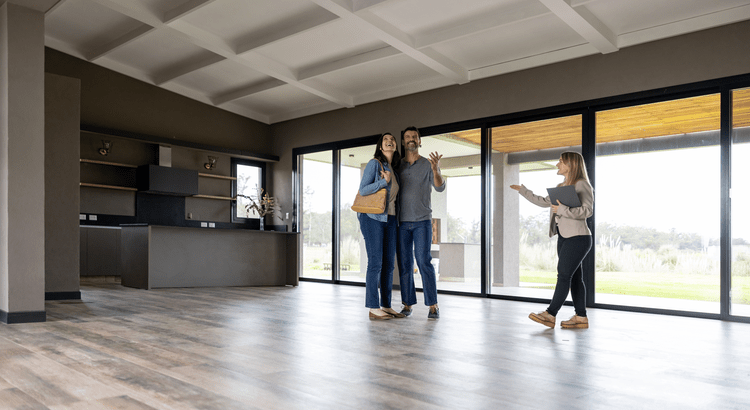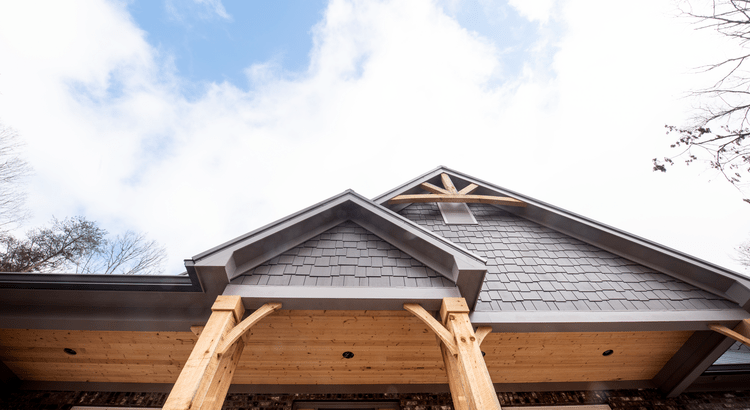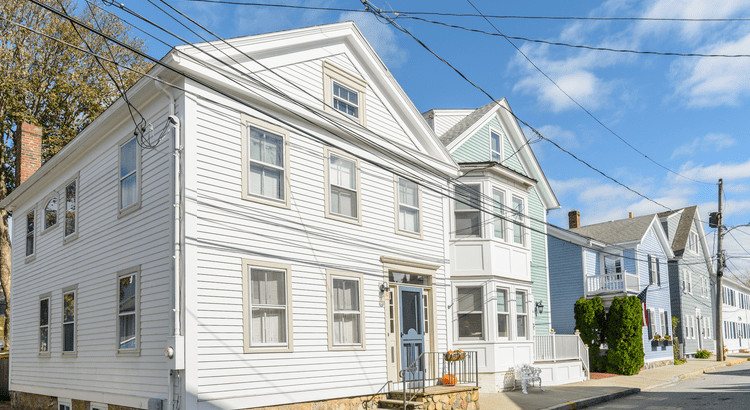
The Credit Score Myth That’s Holding Would-Be Buyers Back
The Credit Score Myth That’s Holding Would-Be Buyers Back Would-be homebuyers aren’t sitting on the sidelines because they don’t want to buy. They’re sitting out because they think they can’t. And sometimes, it’s their credit score that’s holding them back. According to a Bankrate survey, 2 out of e

More Buyers Are Planning To Move in 2026. Here’s How To Get Ready.
More Buyers Are Planning To Move in 2026. Here’s How To Get Ready. Momentum is quietly building in the housing market. New data from NerdWallet shows more Americans are starting to think about buying a home again. Last year, 15% of respondents said they planned to buy a home in the next 12 months. T

Reasons To Be Optimistic About the 2026 Housing Market
Reasons To Be Optimistic About the 2026 Housing Market If a move is on your radar for 2026, there’s a lot more working in your favor than there has been in a while. After a stretch where many people felt stuck, 2026 is shaping up to be a year with more balance, more options, and more clarity for peo
Recent Posts










